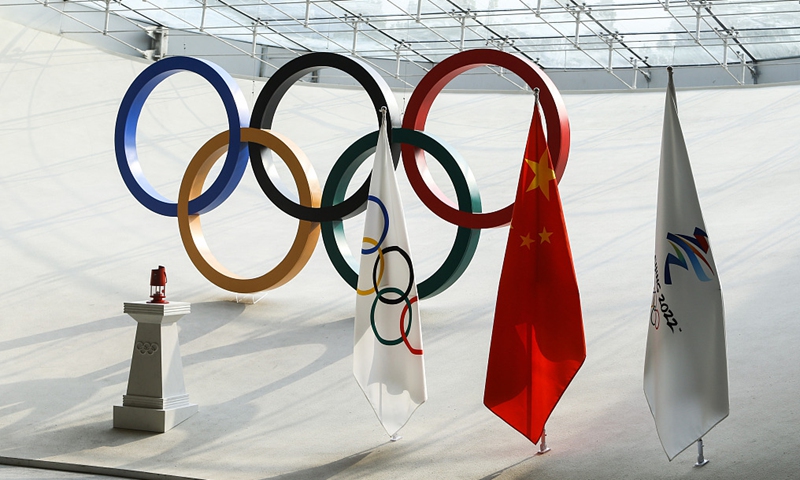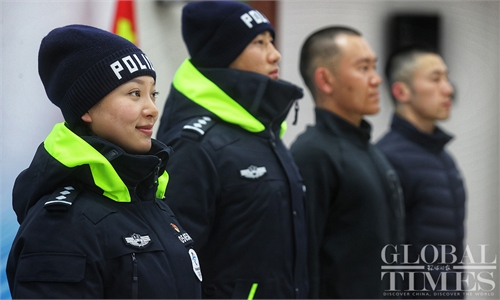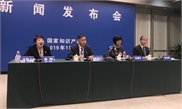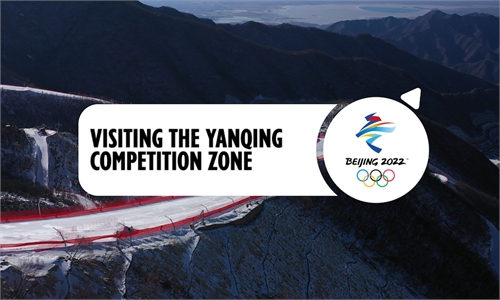‘Nobody cares.’ Beijing shrugs off Canberra’s 'diplomatic boycott'
Five Eyes put on silly show by blindly following US

Beijing Winter Olympics
Following the US closely, Australia announced on Wednesday a "diplomatic boycott" of the Beijing 2022 Winter Olympics, a move that experts said proves nothing other than the Morison government's lack of an independent policy, as it acts as a "henchman" of the US.
The US, its politicians, mainstream media and nongovernmental organizations are working to exert pressure on those who insist on the principle of not politicizing the Olympics spirit and are counting how many countries would follow the US. Experts bashed US hegemony and called for the joint efforts of the international community to resist US politicization of the Olympics.
Australian Prime Minister Scott Morrison was cited by Reuters as saying that they decided on a "diplomatic boycott" of the Beijing Games because of Australia's struggles to re-open diplomatic channels with China to discuss "alleged human rights abuses" in the Xinjiang region.
Chinese Foreign Ministry spokesperson Wang Wenbin told a press conference on Wednesday that China did not invite any Australian official to the Games and no one cares whether they come or not. The Australian politicians' stunt will have no impact on the Beijing Olympics, Wang said.
Australia's move is not surprising. As a Western country located in the southern hemisphere, the sense of insecurity grasps Australia so much that it needs a "big brother" to follow. However, without even getting an invitation, the so-called boycott is nothing but a joke, Lü Xiang, director for research of the Chinese Institute of Hong Kong, told the Global Times.
The Australian Olympic Committee said the diplomatic boycott has no bearing on the athletes' preparations for the Games, noting that politics and sports should be separate, Reuters reported.
The Morrison government's boycott decision exposed their arrogance and immaturity in dealing with geopolitics as the move brings no good to Australia or bilateral relations, Chen Hong, a professor and director of the Australian Studies Centre, East China Normal University, told the Global Times.
New Zealand Deputy Prime Minister Grant Robertson said on Tuesday that New Zealand will not be sending diplomatic representatives at a ministerial level to the Beijing Winter Olympics, citing the COVID-19 pandemic as the reason, and added that the decision was made in October.
Pressed by two different lawmakers in parliament if Britain would follow suit, British Prime Minister Boris Johnson said: "There will be effectively a diplomatic boycott of the Winter Olympics in Beijing, no ministers are expected to attend and no officials," media reported.
Attempting to launch a joint boycott, the Biden administration is acting like a seriously sick man desperate to take whatever medicine, and only countries without rationality would follow it, Lü said.
As of press time, there's no information on whether Justin Trudeau would announce a similar decision.
International Olympic Committee member Dick Pound was quoted by Politico on Monday as saying that a diplomatic boycott won't sway China. "Only governments invite government people to the games," he said. "My guess is if China thought Canada was likely to have a boycott, it wouldn't invite anyone from Canada. The same with the US.— so it doesn't become a boycott."
As for Japan, "China had fully supported Japan in organizing the Tokyo Olympic Games. If Japan turns its back on China soon after receiving Chinese support, it would hurt Japan's international image and credibility," Zhou Fangyin, a professor at the Guangdong Research Institute for International Strategies, told the Global Times.
Italy will not join the American boycott, an Italian government official said on Tuesday. On the same day, South Korea reiterated its principled support for the 2022 Beijing Winter Olympics. Choi Yong-sam, spokesperson for the Ministry of Foreign Affairs, relayed the government's hope that the event will be successful and contribute to peace and inter-Korean relations during a press briefing Tuesday.
The US move is unpopular in the international community let alone its current moves to exert pressure on other countries, which is bullying and hegemony, Zhou said, as the Olympics should not be turned into a political tool for the US.





